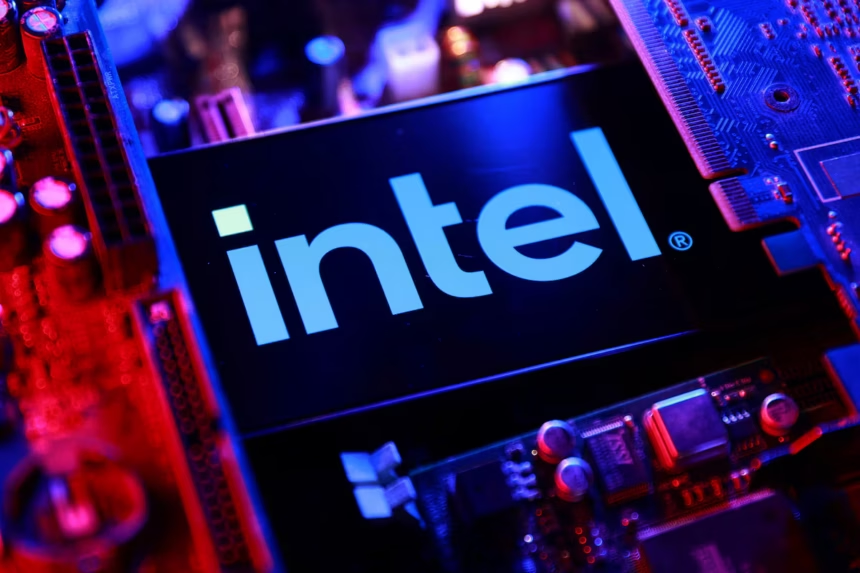Intel and Nvidia Announce New Partnership
On Thursday, September 18, Intel (NASDAQ: INTC) and Nvidia (NASDAQ: NVDA) revealed a new partnership focused on developing multiple generations of custom data center and computing chips aimed at enhancing performance for hyperscale, enterprise, and consumer applications.
In this collaboration, Nvidia, a recognized leader in the semiconductor industry, plans to invest $5 billion in Intel by acquiring its common stock at a price of $23.28 per share.
As a result of this announcement, Intel’s stock surged over 30% in pre-market trading, while Nvidia experienced a 3% increase, marking a positive turnaround after a period of instability and controversies relating to its sales in China.
With INTC shares trading at $31.34 at the time of this writing, the stock has risen 54.99% year-to-date (YTD).
This means that a $1,000 investment in the tech company at the beginning of the year would now be valued at $1,549.90, yielding a profit of $549.90.
This partnership aligns with a recent influx of support for the struggling Intel, including a nearly $9 billion U.S. government purchase of a 10% stake just weeks prior, alongside a $2 billion investment from Japan’s SoftBank.
The deal may serve to reinvigorate Intel after years of working to catch up not only with Nvidia but also with AMD (NASDAQ: AMD) and Broadcom (NASDAQ: AVGO).
Jensen Huang, Nvidia’s founder and chief executive officer (CEO), stated, “This historic collaboration tightly couples NVIDIA’s AI and accelerated computing stack with Intel’s CPUs and the vast x86 ecosystem — a fusion of two world-class platforms. Together, we will expand our ecosystems and lay the foundation for the next era of computing.”
However, the direct involvement of the U.S. government implies that there are greater stakes involved than merely supporting Intel, possibly reflecting broader concerns about maintaining America’s competitiveness in artificial intelligence (AI).
Indeed, Intel’s new CEO, Lip-Bu Tan, who was appointed in March, faced substantial political scrutiny leading up to the significant investment, including calls for his resignation over alleged conflicts related to previous work with Chinese companies.
Meanwhile, Jensen Huang has also emerged as a key figure at events organized by the Trump administration. For example, on Wednesday, September 17, he participated in a state dinner at Windsor Castle alongside Trump and King Charles III, where Trump commended him for “taking over the world.”
During his visit, Huang committed over $14 billion to support AI and data center infrastructure development in Britain.
Nevertheless, Washington maintains restrictions on Nvidia’s international operations, with an export license only available at the cost of a 15% share in H20 sales within China.
More significantly, an antitrust investigation into the chipmaker’s $6.9 billion acquisition of Mellanox was initiated earlier this week by China’s State Administration for Market Regulation (SAMR), in addition to reports of Beijing imposing a ban on the American company’s chips.





















